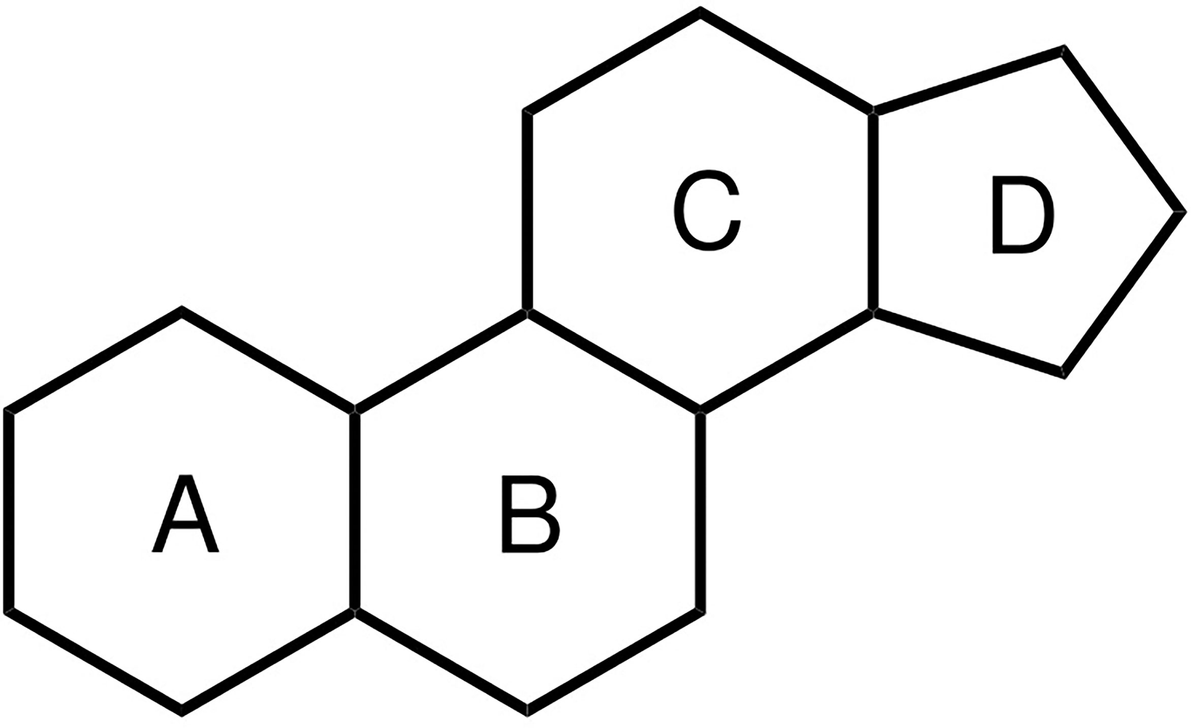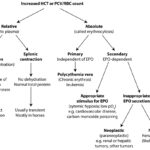I'm aware of the distinction made by some authors, especially in the field of hematology. Each to their own, personally I don't see the use of making the distinction in this context. Importantly, increased red cell mass measurements are rarely, if ever, performed in studies administering AAS - or even in an outpatient setting. We're always relying on hemoglobin or hematocrit levels as surrogates (which is perfectly fine). Therefore, strictly speaking, it's a suspected or unconfirmed erythrocytosis. Depending on which hematologist you run into, polycythemia might be defined as either an increase in the number of
any of the blood cells or an increase in the number of
all blood cells. The latter would always imply polycythemia vera (a definition adhered to by Williams Hematology; with the sidenote that they mention that there's no consensus on terms and that erythrocytosis and polycythemia are used interchangeably). The first, an increase in the number of
any of the blood cells, would include the erythrocytosis as induced by AAS, as it's a secondary absolute increase. In any case, in practice, hematocrit or hemoglobin levels are measured, and both will be increased with either polycythemia or erythrocytosis. We therefore choose to use them interchangeably and, to prevent confusion, we explicitely define them in the paper; an increase in hematocrit or hemoglobin levels.
@PeterBond I agree with
@readalot and welcome you to the board. Your expertise in the field is very helpful to all of us. I read the whole paper and think you did a good job covering the use of anabolic steroids. I am not too fond of their term "abuse" since most of use used steroids as a function of our sport. I do think that many who are not competing have a goal as well, even if it is aesthetic. My biggest problem with anabolic steroids is they should have never been criminalized and instead left in the hands of doctors. If anyone abused anything it was government. Anyway, off my soap box and thanks again for your participation.
Thank you!
I'm not too fond of using the term continuously either, I find it rather useless, although it would be the correct term to employ from a medical point of view. It's pretty much the reason why we included this sentence in the introduction:
For brevity, in the remainder of this review we employ the term ‘AAS use’ to refer to the nonmedical high-dose abuse of AAS.
In the rest of the paper we only mention the word 'abuse' once, because it was functional to make a clear distinction with TRT.

www.frontiersin.org

















